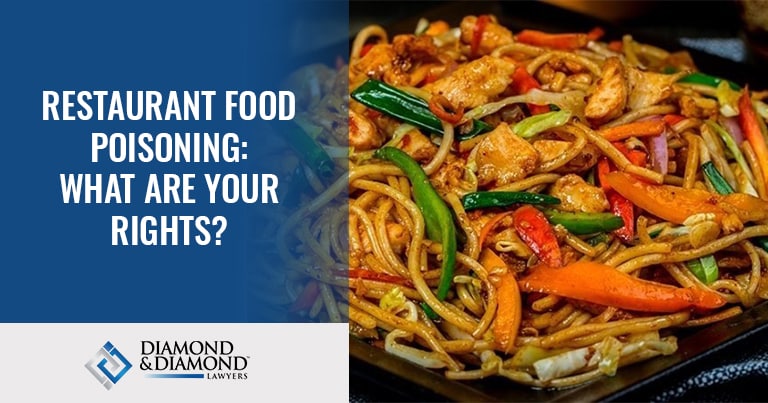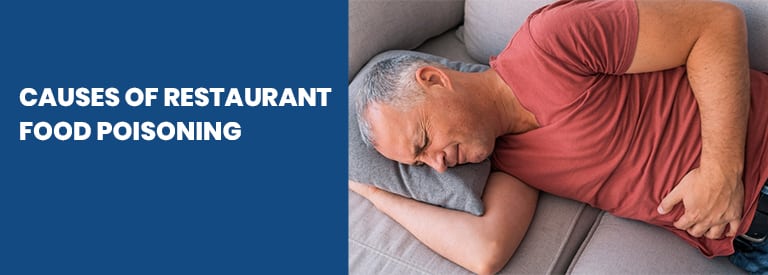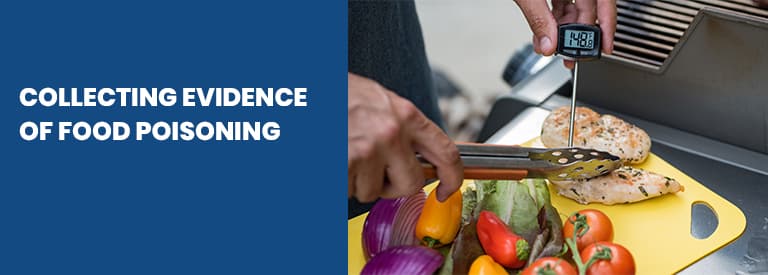- Our Firm
- Personal Injury
-
-
-
Personal Injury Lawyers
-
-
-
-
-
-
Injured in an accident? At Diamond & Diamond, our team of lawyers rely on their reputation in the field and extensive experience in personal injury to provide clients with a dedicated support system over the duration of their case.
-
-
-
-
-
HAVE YOU RECENTLY BEEN INJURED IN AN ACCIDENT?
-
-
-
- Real Estate
- Corporate
- Class Action
Diamond & Diamond British Columbia Head Office
1727 West Broadway, Suite 400, Vancouver, British Columbia
Barrie
168 Bayfield Street
Calgary
1331 Macleod Trail SE, Suite 645
Edmonton
4246 97 Street NW, Unit 103
Halifax
1701 Hollis St
London
256 Pall Mall St, Suite 102
Oshawa
50 Richmond Street E, Unit # 108 B
Ottawa
955 Green Valley Crescent, Unit 315
Sudbury
31 Larch Street, Unit 300
Surrey
1104 – 13737 96 Ave, Surrey, BC V3V 0C6
Toronto
255 Consumers Road, 5th Floor
Toronto
1678 Bloor Street, Suite 302
Vancouver
1727 West Broadway, Suite 400
Windsor
13158 Tecumseh Rd. E. Unit 3B
















